
 Flash News
Flash News
Gunfire in Durres, a 30-year-old man is injured
Accident on Arbri Street, car goes off the road, two injured
Arrests of "Bankers Petrolium", Prosecution provides details: Exported and sold 532 billion lek of oil, caused millions of euros in damage to the state
Ndahet nga jeta tragjikisht në moshën 28-vjeçare ylli i Liverpool, Diogo Jota
Posta e mëngjesit/ Me 2 rreshta: Çfarë pati rëndësi dje në Shqipëri
Women's Challenges in Election Campaigns: A "Battle" with Prejudice and Inequalities
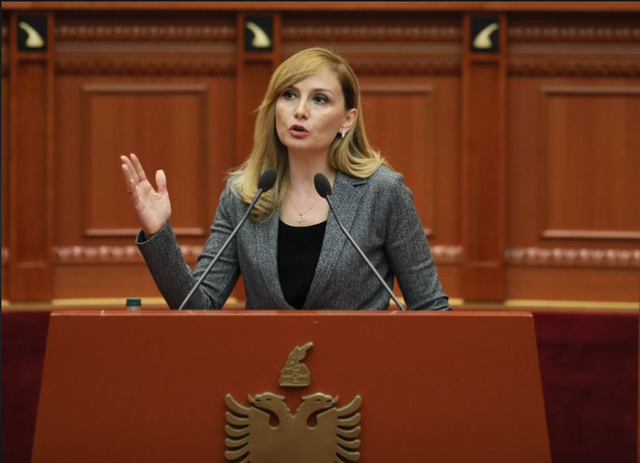
In Albania, women’s political participation has increased significantly, especially following the introduction of gender quotas and reforms aimed at equal representation. However, the path to fair electoral competition for women remains difficult and fraught with challenges that go beyond the vote. They face entrenched prejudice, discrimination, unequal funding, societal pressure, and difficulties in balancing work and personal lives.
A still uneven arena
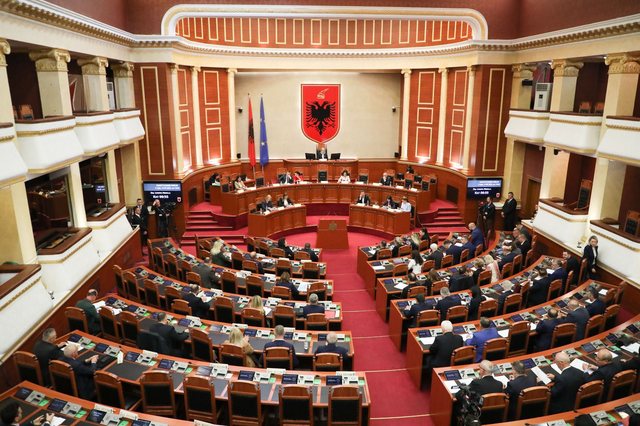
Democratic Party MP Jorida Tabaku describes the political race for women as a field that remains dominated by men, despite improvements in their representation. “There has been significant progress in Albania, but the reality is still challenging. Political culture still maintains deep-rooted prejudices about the role of women, making it more difficult for them to compete on equal terms,” says Tabaku. According to her, to have a fair race, the presence of women alone is not enough, but structural changes are needed that enable their effective participation in decision-making.
During election campaigns, female politicians face a number of prejudices that often do not apply to their male counterparts. “One of the most common is the idea that women are not strong enough to lead,” Tabaku explains. According to her, attention often shifts from the political program to the personal lives of the candidates, including their appearance, family and private lives. Female politicians are labeled as “emotional” or “unsuitable” for important decision-making and face a higher level of public criticism.
One of the biggest challenges for women in politics is family pressure and the challenge of balancing political commitments with personal life. “Balancing political career and family life is a challenge. I have sought and built strong support from my family, which has helped me manage my political commitments without feeling constrained,” says Tabaku. She emphasizes the importance of changing the narrative about women in politics and promoting a society where family responsibilities are shared more equally between men and women.
Twice the work for the same respect
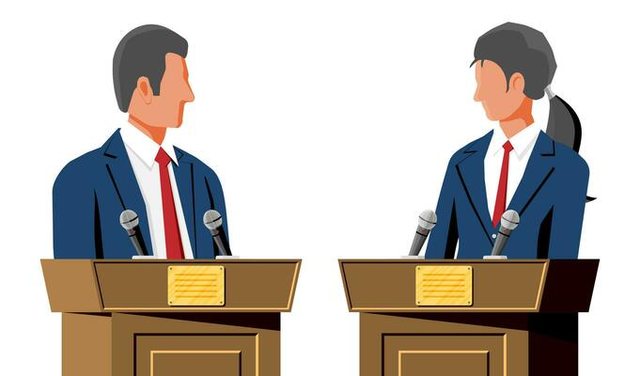
Women in politics often face the need to work twice as hard to gain the same respect and support as their male colleagues. “As a woman in politics, I often have to demonstrate more competence, commitment and preparation to receive the same level of respect as my male colleagues,” Tabaku says. She sees this as a harsh reality stemming from a political culture where women are still seen as the exception rather than the norm in important leadership positions.
Another challenge women face in politics is the lack of a strong solidarity network. “Women need to support each other, encourage participation and promote each other’s achievements,” says Tabaku. Another major problem is the unequal funding for women candidates. “Political financial networks are largely dominated by men, and women often do not have the same access to financial resources or powerful economic backers,” she explains.
Funding and gender quotas: Women's representation in politics risks remaining superficial
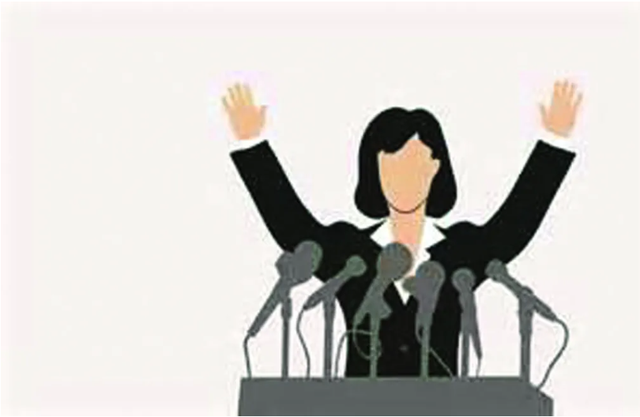
Gender quotas have been a tool to increase the number of women in politics, but they have not always contributed to their real empowerment in decision-making. “In some cases, quotas are used as a propaganda tool, where women are placed on lists simply to fulfill a legal requirement, without having any real impact,” Tabaku estimates. According to several studies by the Women’s Network “Equality in Decision-Making”, with the support of the National Democratic Institute (NDI), gender quotas, as a single mechanism, are not sufficient to guarantee the meaningful participation of women in politics. While quotas are often implemented to fulfill legal requirements, political parties often exploit legal loopholes to avoid genuine commitments to gender equality.
Another dimension of women’s electoral strategies is the use of social media and the distribution of promotional materials. The study found that a higher percentage of women and girls, 82.98%, reported using social media compared to 72.34% of men and boys. Also, 68.09% of women and girls distributed promotional materials, compared to 57.45% of men and boys. Women tend to choose these lower-budget strategies to compensate for the lack of human and financial resources. “Social media is a tool that helps to compensate for the lack of human resources in reaching online voters and the community,” explains Tabaku.
Another notable difference between male and female candidates is the size of their campaign teams. Male candidates tend to form larger teams. The average number of individuals in male candidate teams is 24.92, while for women it is 13.09. This difference reflects the fact that women often prioritize using more affordable tools, such as social media, to bridge the gap in financial and human resources available to them.
Despite many challenges, women are increasingly demonstrating that they can be successful leaders and have a significant impact on politics. To achieve true equality, further reforms, cultural changes, and greater support for women who choose to engage in this field are needed. Politics should not remain a male-dominated field, but a space where women and men have equal opportunities to contribute to the development of the country.
Prepared by: Elva Kurti
Latest news

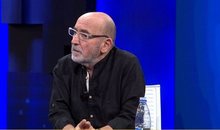

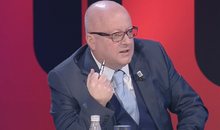
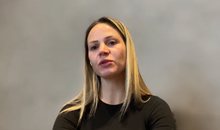

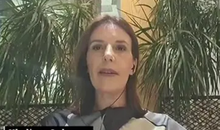

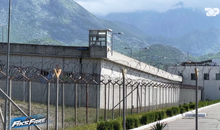

Greece imposes fee to visit Santorini, how many euros tourists must pay
2025-07-03 20:50:37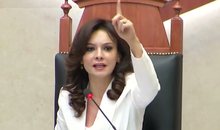
Don't make fun of the highlanders, Elisa!
2025-07-03 20:43:43
Gunfire in Durres, a 30-year-old man is injured
2025-07-03 20:30:52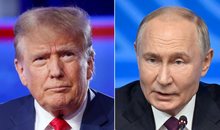
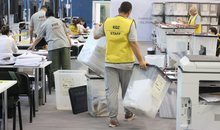
The recount in Fier cast doubt on the integrity of the vote
2025-07-03 20:09:03
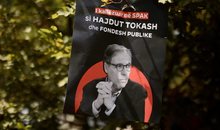

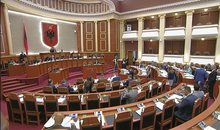

Heatwave has left at least 9 dead this week in Europe
2025-07-03 19:00:01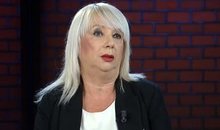

Oil exploitation, Bankers accused of 20-year fraud scheme
2025-07-03 18:33:52
Three drinks that make you sweat less in the summer
2025-07-03 18:19:35
What we know so far about the deaths of Diogo Jota and his brother André Silva
2025-07-03 18:01:56



Another heat wave is expected to grip Europe
2025-07-03 17:10:58

Accident on Arbri Street, car goes off the road, two injured
2025-07-03 16:45:27

Accused of two murders, England says "NO" to Ilirjan Zeqaj's extradition
2025-07-03 16:25:05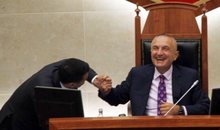

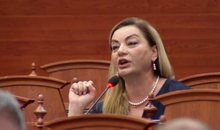


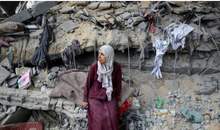
Gaza rescue teams: Israeli forces killed 25 people, 12 in shelters
2025-07-03 15:08:43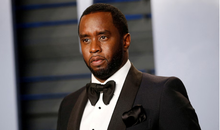
Diddy's trial ends, producer denied bail
2025-07-03 15:02:41

Agricultural production costs are rising rapidly, 4.8% in 2024
2025-07-03 14:55:13
Warning signs of poor blood circulation
2025-07-03 14:49:47
Croatia recommends its citizens not to travel to Serbia
2025-07-03 14:31:19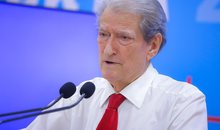
Berisha: Albania is the blackest stain in Europe for the export of emigrants
2025-07-03 14:20:19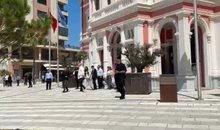

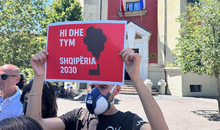
'Ministry of Smoke': Activists Blame Government for Wasteland Fires
2025-07-03 13:59:09

AFF message of condolences for the tragic loss of Diogo Jota and his brother
2025-07-03 13:41:36
Five healthy foods you should add to your diet
2025-07-03 13:30:19
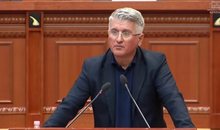

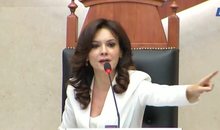
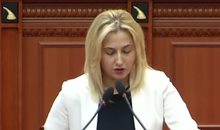


A unique summer season, full of rhythm and rewards for Credins bank customers!
2025-07-03 12:12:20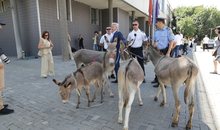

Fire situation in the country, 29 fires reported in 24 hours
2025-07-03 12:00:04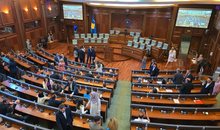
The constitution of the Kosovo Assembly fails for the 41st time
2025-07-03 11:59:57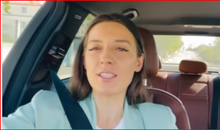
The gendering of politics
2025-07-03 11:48:36
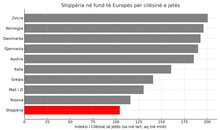
The price we pay after the "elections"
2025-07-03 11:25:39

Xhafa: The fire at the Elbasan landfill was deliberately lit to destroy evidence
2025-07-03 11:08:43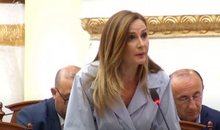

The 3 zodiac signs that will have financial growth during July
2025-07-03 10:48:01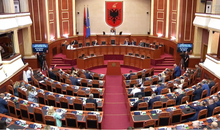
Democratic MP talks about the incinerator, Spiropali turns off her microphone
2025-07-03 10:39:24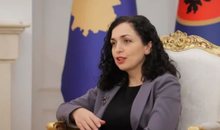

Ndahet nga jeta tragjikisht në moshën 28-vjeçare ylli i Liverpool, Diogo Jota
2025-07-03 10:21:03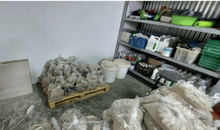
Cocaine trafficking network in Greece, including Albanians, uncovered
2025-07-03 10:10:12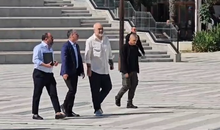

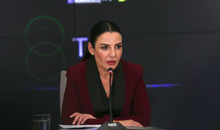
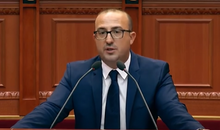
Korreshi: Election manipulation began long before the voting date
2025-07-03 09:39:13
Arrest of Greek customs officer 'paralyzes' vehicle traffic at Qafë Botë
2025-07-03 09:28:41
After Tirana and Fier, the boxes are opened in Durrës today
2025-07-03 09:21:10
Enea Mihaj transfers to the USA, will play as an opponent of Messi and Uzun
2025-07-03 09:10:04

Foreign exchange, the rate at which foreign currencies are sold and bought
2025-07-03 08:53:50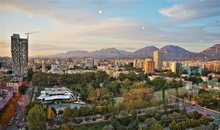
Index, Albania has the worst quality of life in Europe
2025-07-03 08:48:10
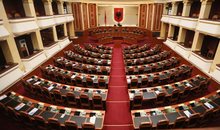

Horoscope, what do the stars have in store for you today?
2025-07-03 08:17:05
Clear weather and high temperatures, here's the forecast for this Thursday
2025-07-03 08:00:37
Posta e mëngjesit/ Me 2 rreshta: Çfarë pati rëndësi dje në Shqipëri
2025-07-03 07:46:48



Lufta në Gaza/ Pse Netanyahu do vetëm një armëpushim 60-ditor, jo të përhershëm?
2025-07-02 21:56:08
US suspends some military aid to Ukraine
2025-07-02 21:40:55



Methadone shortage, users return to heroin: We steal to buy it
2025-07-02 20:57:35
Government enters oil market, Rama: New price for consumers
2025-07-02 20:43:30
WHO calls for 50% price hike for tobacco, alcohol and sugary drinks
2025-07-02 20:41:53



